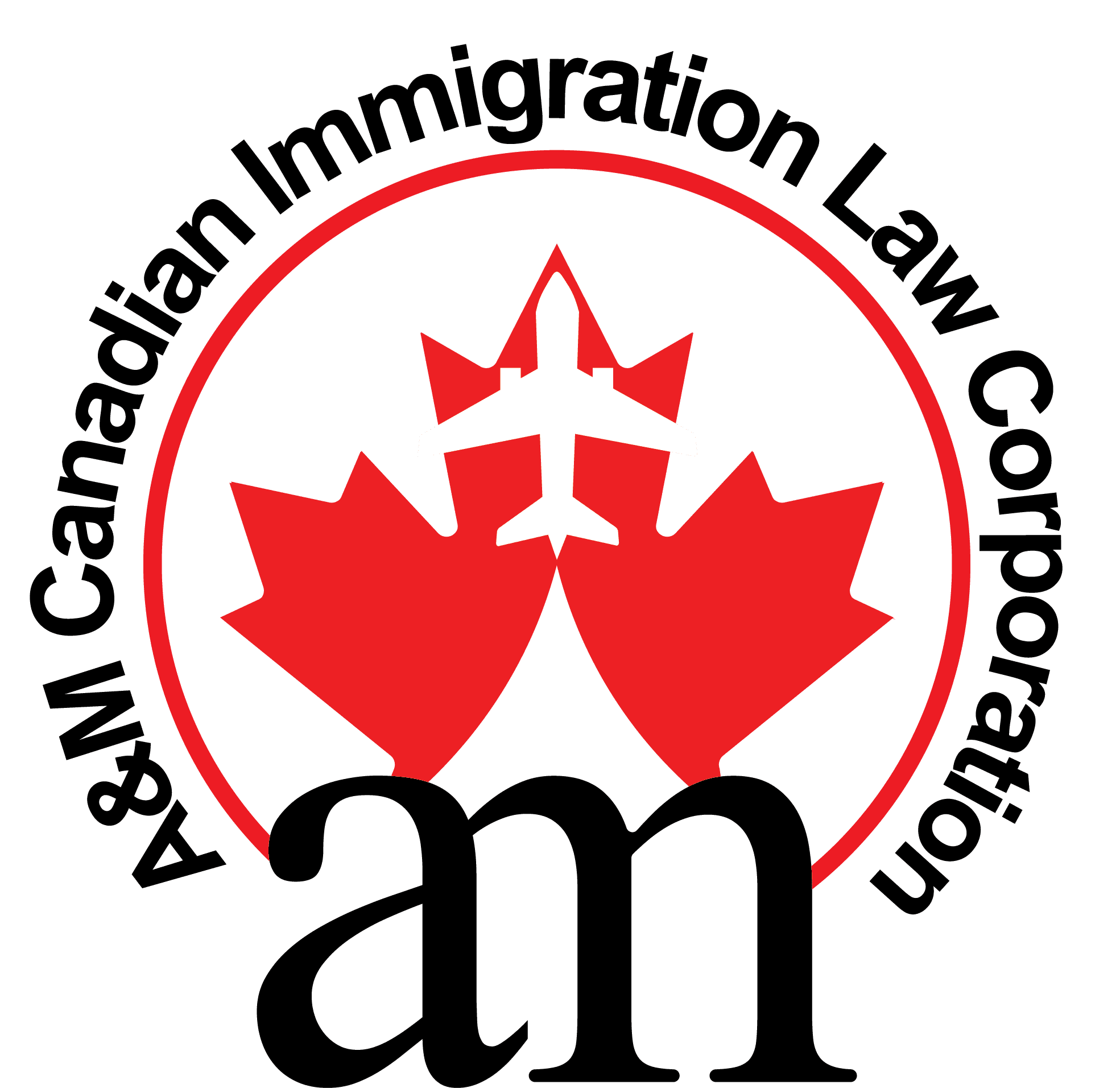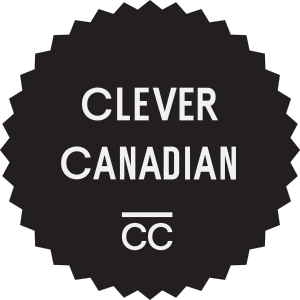Canadian Citizenship / PR for US Residents
A&M Canadian Immigration Law Corporation
A Guide for First- and Second-Generation Canadians Living in America
First-Generation
Canadians Born in the U.S.
Who qualifies:
If at least one parent was born in Canada (or became a naturalized
Canadian before the child’s birth), their U.S.-born child is a
Canadian citizen by descent.
Applies to minors and
adults:
- Whether your child is a newborn, 25, or 55, the
law is the same.
- They are already Canadian, but they must apply
for Proof of Citizenship (Citizenship Certificate) to
have it officially recognized.
How to Apply for Proof of
Citizenship (from the U.S.):
- Provide the Canadian parent’s proof of
citizenship (birth certificate or Citizenship Certificate).
- Provide the U.S.-born child’s birth certificate
showing the parent- child relationship.
- Include ID, proof of name changes (if any), and
a compliant digital photo.
- Apply online or by paper with IRCC, paying the
$75 CAD fee.
- Wait several months for a digital or paper
Citizenship Certificate.
Once approved, the person (child or adult) may apply for a Canadian passport, which is required for Canadians flying into Canada.
Second-Generation
Canadians Born in the U.S.
Who this affects:
If the Canadian parent was also born outside Canada (citizen by descent), the
child , even if, now an adult is considered second generation abroad.
Current law:
- They are not automatic citizens.
- They may apply through IRCC’s interim discretionary grant of citizenship process (section
5(4) of the Citizenship Act).
Proposed changes (Bill C-3):
- Remove the first-generation limit.
- Require the Canadian parent to show a substantial
connection to Canada (at least 3 years of residence before the
child’s birth).
- Retroactively restore citizenship to many
previously excluded families.
(Sources: [IRCC
– Bill C-3 announcement], [The
Guardian – Canada to restore citizenship rights])
Example Scenarios
Example 1: First
Generation (Child)
Emma was born in Chicago. Her mother, Laura, was born in Vancouver. Because
Laura is Canadian-born, Emma is already a Canadian citizen by descent. To prove
it, Laura applies for Proof of Citizenship on Emma’s behalf. Once
Emma has her certificate, she can apply for a Canadian passport before visiting
family in Canada.
Example 2: First
Generation (Adult)
Maria was born in Toronto and later moved to Boston, where her son Alex was
born. Alex is now 30. Because Maria is Canadian-born, Alex has been Canadian
since birth. He only needs to apply for Proof of Citizenship to confirm his
status.
Example 3: Second
Generation (Adult)
Daniel was born in the U.S. to a Canadian-born mother, making him Canadian by
descent. His daughter Jessica was born in New York and is now 28. Because
Daniel was born abroad, Jessica is second generation abroad. She is not
automatically Canadian under current law, but may qualify under
interim discretionary measures and could be recognized automatically
if Bill C-3 passes.
Example 4: Second
Generation with Canadian Residence (Parent)
Michael was born outside Canada but became a citizen by descent through his
Canadian-born father. Michael lived in Canada from ages 5 to 20 — 15 years before moving to the U.S. At 30, he had a U.S.-born child, Liam.
- Current law: Liam is not automatically Canadian. Michael must apply for
Liam’s citizenship under the discretionary grant process.
- Proposed Bill C-3: Liam would qualify automatically as
Canadian because Michael had more than 3 years of physical presence in
Canada before Liam’s birth.
How Our Immigration Law
Firm Helps
We assist Canadian families
in the U.S. by:
- Confirming whether children or adults are first-
or second-generation Canadians.
- Preparing Proof of Citizenship applications.
- Assisting with interim discretionary
grants for second-generation cases.
- Advising on Bill C-3 reforms so
families are prepared when the law changes.
- Handling Canadian passports,
sponsorships, and cross-border legal matters.
Book a Consultation If you are a Canadian-born
parent or an adult with Canadian roots living in the U.S., we can help
you confirm your status, obtain Proof of Citizenship, or apply under
interim measures while preparing for new reforms.
Contact us today to
schedule your consultation and secure your family’s future in Canada.
Frequently Asked Questions
No. If you were born in Canada, your U.S.-born child is automatically a Canadian citizen. You only need to apply for Proof of Citizenship.
Not automatically. Under current law, only the first generation born abroad qualifies. For now, you can apply for a discretionary grant of citizenship. Bill C-3 may change this soon.






